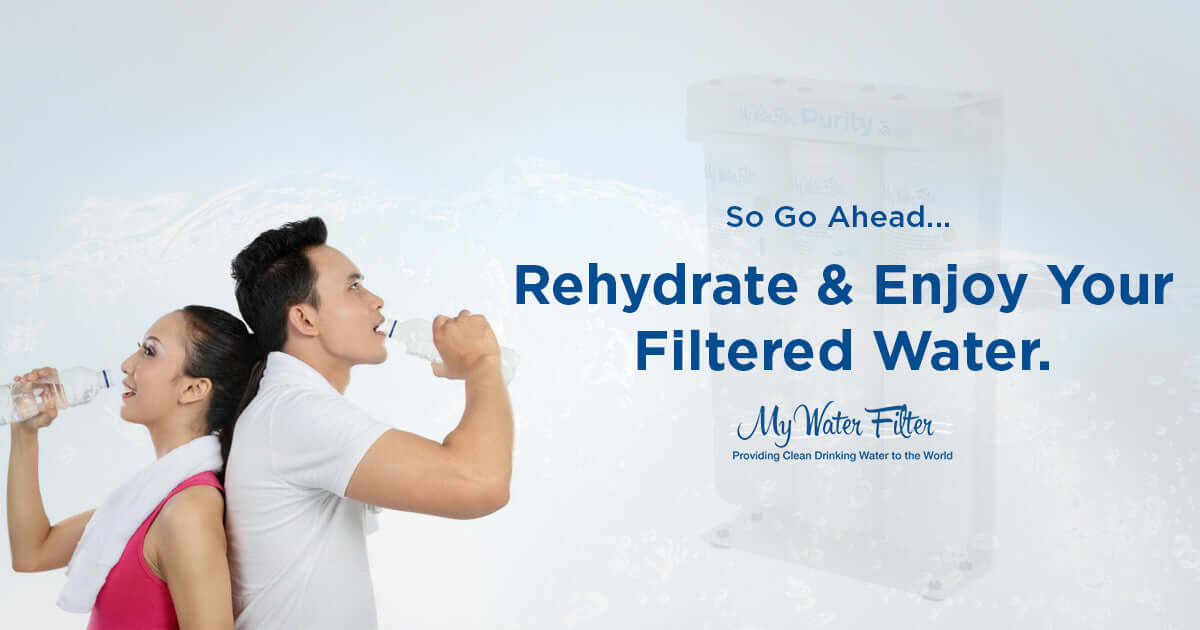Sweating is an essential human function that helps regulate the body's temperature.
According to the National Institute of Health, sweating is the release of salty liquid from the body's sweat glands.
Humans have two to four million sweat glands in their body, and sweating depends on different factors such as age, weight, activity, medical condition (if any) or fitness level, among others.

What Triggers the Sweat Mechanism
The human body is a remarkable system that no mechanical device can emulate. It regulates bodily functions on its own.
This blog is about what makes us sweat, but not the external factors that make you sweat; rather, the internal bodily function that allows sweating.
It all starts with the hypothalamus.
The hypothalamus is the central part of the brain that controls all bodily functions. The heat-regulated function of the hypothalamus works closely with the heat receptors of the skin. The skin quickly adapts to heat, just as the hypothalamus adapts to a rise in temperature. It gives off heat through sweating which helps cool down body temperature.

What Is Sweat?
Sweat has the consistency of water and is a small solute that contains water and tiny amounts of salt and minerals, lactate and urea.
Since the human body consists of water, there is more water released when sweating.
Minerals may contain traces of sodium, calcium, potassium, and magnesium.
Sweat: What’s Normal?
Sweating is the body's mechanism to keep itself cool and regulate its temperature.
During periods of strenuous physical activities, the body can lose two to four litres of sweat per hour and a maximum of ten litres in a day.
There are also cases where people sweat more than others and even people who do not sweat at all.
In normal cases, sweat may be due to the following:
Alcohol Exercise Cancer or other serious medical condition Fever Menopause Spicy Foods Emotional Stress And of course warm temperatures

What to Do When Sweating
Since sweating is a release of body fluids, it is best to replace lost fluids with water.
Drink plenty of water to rehydrate your body.
If it's possible, try to lower the temperature in a room, wash your face or take a bath altogether.
This will help regulate body temperature and avoid heat exhaustion.
When combating heat by drinking water, make sure to get it from a clean water source, such as a water filter. A water filter creates water free from waterborne contaminants and chemicals that may be present in bottled or tap water.
So go ahead, rehydrate and enjoy your filtered water.
Filtered Water Goes Deeper
When using an effective Benchtop or Under Sink Water Filter, contaminants such as bacteria, viruses, heavy metal, fluoride, chlorine, and more are removed from your water.
This makes the water much easier for the body to use.
Click here to discover more reasons Why You Need a Water Filter.
If you have any questions about Choosing the right Water Filter, please feel free to contact us.








